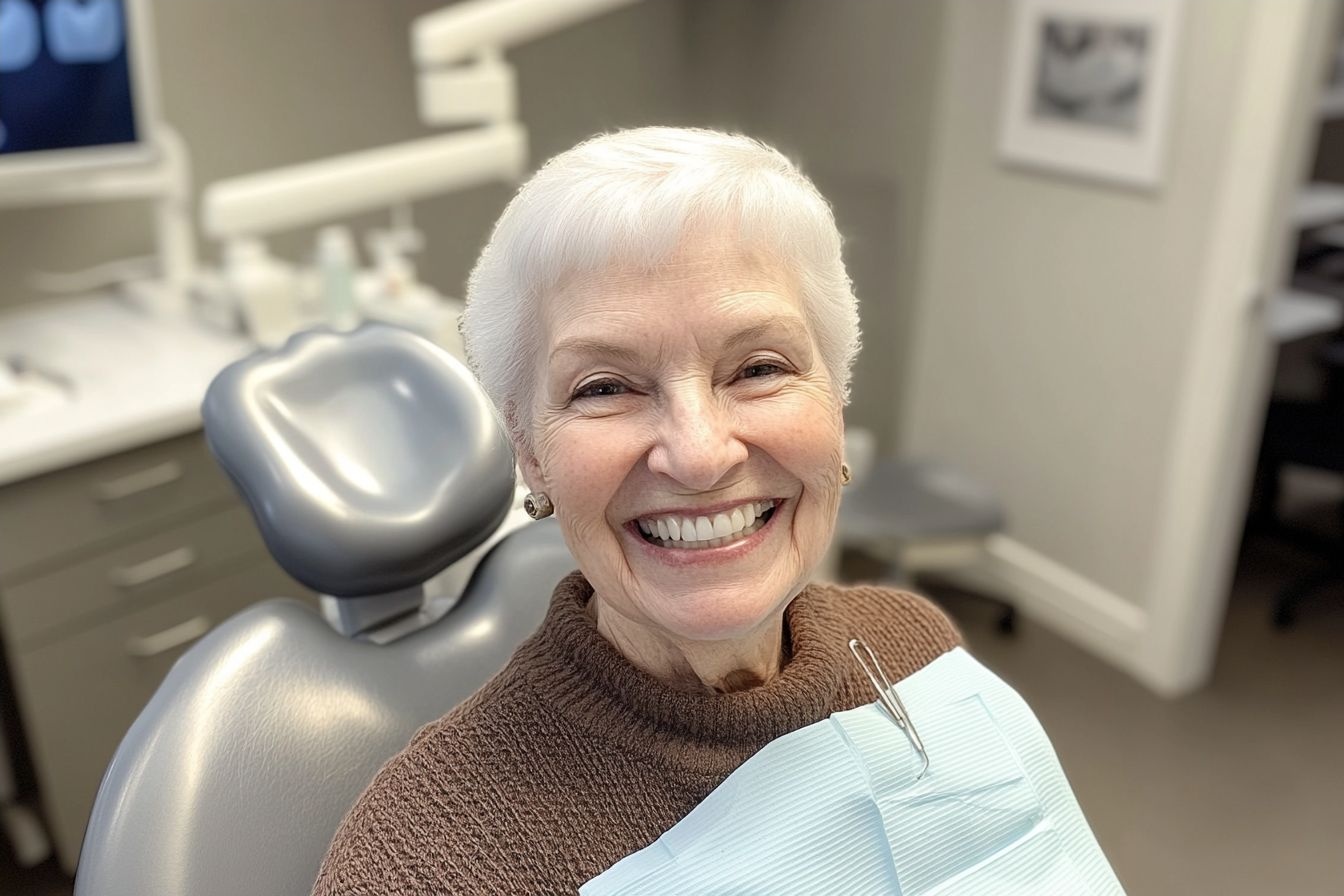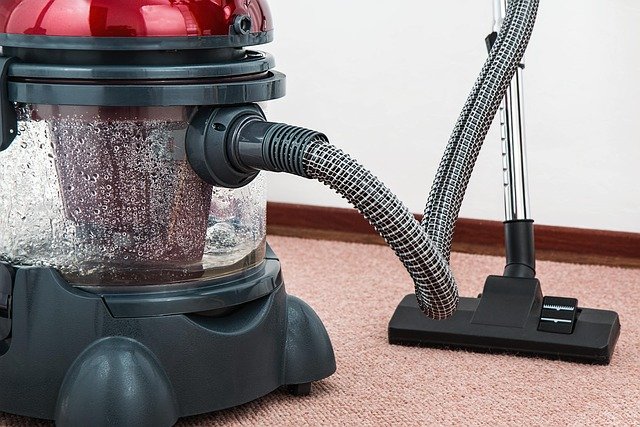Understanding Dental Implants: Options, Procedures, and Cost Considerations
Dental implants have revolutionized tooth replacement options by providing a permanent solution that looks, feels, and functions like natural teeth. Unlike traditional dentures or bridges, dental implants replace both the visible portion of the tooth and the root structure beneath the gumline. This comprehensive approach offers superior stability, prevents bone loss, and creates a more natural-looking smile. For those considering this treatment option, understanding the different types of implants, procedure details, and cost factors is essential for making an informed decision.

What Are Dental Implants and How Do They Work?
Dental implants are titanium posts surgically placed into the jawbone to serve as artificial tooth roots. After placement, the implant fuses with the natural bone through a process called osseointegration, creating a strong foundation for replacement teeth. The complete implant system typically consists of three components: the titanium implant that fuses with the jawbone, an abutment that connects the implant to the visible portion, and the crown (or prosthetic tooth) that provides the natural appearance.
The success of dental implants largely stems from their biocompatible nature—titanium has the remarkable ability to integrate with living bone tissue without triggering rejection responses. This integration creates stability similar to natural teeth, allowing patients to eat, speak, and smile with confidence without the common problems associated with removable dentures.
Exploring Screwless Dental Implant Cost and Benefits
Screwless dental implants represent an innovative advancement in implant dentistry. Unlike traditional implants that use screws to secure the crown to the abutment, screwless systems utilize friction-fit or snap-on mechanisms. This design often results in better aesthetics as there’s no screw access hole on the crown surface and potentially reduced complications from screw loosening.
The cost of screwless dental implants typically runs higher than traditional screw-retained options. On average, a single screwless dental implant can range from $3,500 to $6,000, depending on location, dentist expertise, and specific system used. The premium price reflects the advanced technology and potential benefits, including improved aesthetics, simplified maintenance procedures, and reduced risk of mechanical complications in the long term.
Some popular screwless systems include Straumann Pure Ceramic Implants, Nobel Biocare’s Conical Connection system, and Zimmer Biomet’s Certain Prevail Implant. Each system offers unique advantages that your dental provider can discuss based on your specific circumstances.
Understanding Dental Implant Cost Factors
The cost of dental implants varies significantly based on several key factors. Location plays a major role—prices in metropolitan areas typically exceed those in rural regions due to higher overhead costs. The dentist’s expertise and specialization also impact pricing, with specialists like prosthodontists or oral surgeons often charging premium rates reflecting their advanced training.
Additional procedures like bone grafts, sinus lifts, or tooth extractions can substantially increase the total cost. These preparatory procedures may be necessary if the patient lacks sufficient bone density or requires tooth removal before implant placement. The materials used—particularly for the visible crown portion—also affect pricing, with options ranging from porcelain-fused-to-metal crowns to all-ceramic restorations.
On average, a single dental implant in the United States costs between $3,000 and $5,000, including the implant, abutment, and crown. Full-mouth restorations using implant-supported dentures or full-arch solutions can range from $15,000 to $30,000 per arch.
Cost Of Dental Implants For Seniors: Special Considerations
Seniors often face unique considerations when exploring dental implant options. Many older adults have existing bone loss from long-term tooth absence, potentially requiring bone augmentation procedures before implant placement. Additionally, certain medical conditions common among seniors—such as diabetes or osteoporosis—may affect treatment planning and success rates.
The financial aspect presents particular challenges for seniors, many of whom live on fixed incomes. Unfortunately, traditional Medicare (Parts A and B) typically does not cover dental implants, considering them elective procedures. Some Medicare Advantage plans (Part C) may offer limited coverage for implants, but benefits vary significantly between plans.
For seniors concerned about affording dental implants, several options exist:
| Option | Potential Savings | Considerations |
|---|---|---|
| Dental Schools | 30-50% discount | Longer appointment times, supervised students |
| Dental Savings Plans | 10-60% discount | Annual membership fee, network restrictions |
| CareCredit | Financing options | Interest rates apply after promotional period |
| Veterans Benefits | Varies | Limited eligibility criteria |
| Clinical Trials | Potentially free/reduced cost | Limited availability, specific requirements |
Prices, rates, or cost estimates mentioned in this article are based on the latest available information but may change over time. Independent research is advised before making financial decisions.
Comparing Different Dental Implant Options and Their Costs
When considering dental implants, patients should understand the various options available and their associated costs. Traditional endosteal implants—titanium posts surgically inserted into the jawbone—remain the most common type, with costs ranging from $3,000-$5,000 per tooth. Subperiosteal implants, placed under the gum but above the jawbone, offer alternatives for patients with insufficient bone density but typically cost $5,000-$10,000 per implant.
All-on-4 implants provide full-arch replacement using just four strategically placed implants, costing approximately $15,000-$30,000 per arch. Mini dental implants, smaller in diameter than traditional implants, offer a less invasive alternative costing $500-$1,500 per implant but may not be suitable for all locations or bite forces.
| Implant Type | Average Cost Range (per tooth/unit) | Best For |
|---|---|---|
| Traditional Endosteal | $3,000-$5,000 | Most patients with adequate bone density |
| Screwless Systems | $3,500-$6,000 | Patients prioritizing aesthetics and simplified maintenance |
| Mini Dental Implants | $500-$1,500 | Temporary solutions or patients with limited space |
| All-on-4/6 | $15,000-$30,000 per arch | Full-arch replacement with minimal implants |
| Zygomatic Implants | $10,000-$15,000 per implant | Severe upper jaw bone loss cases |
Prices, rates, or cost estimates mentioned in this article are based on the latest available information but may change over time. Independent research is advised before making financial decisions.
Is Dental Implant Investment Worth the Cost?
While dental implants represent a significant financial investment, their long-term value often justifies the initial expense. Unlike dentures or bridges that typically require replacement every 5-10 years, dental implants can last a lifetime with proper care and maintenance. This longevity translates to potential cost savings over time, despite the higher upfront expense.
The health benefits extend beyond simple tooth replacement. Dental implants help preserve bone structure that would otherwise deteriorate after tooth loss, maintaining facial structure and preventing the aged appearance that often accompanies long-term denture use. Additionally, implants allow for normal eating function without dietary restrictions commonly associated with removable appliances.
When considering cost versus value, patients should also factor in quality of life improvements—including enhanced confidence, speech clarity, and comfort—that are difficult to quantify in monetary terms but significantly impact daily living and overall satisfaction with the treatment outcome.
This article is for informational purposes only and should not be considered medical advice. Please consult a qualified healthcare professional for personalized guidance and treatment.




